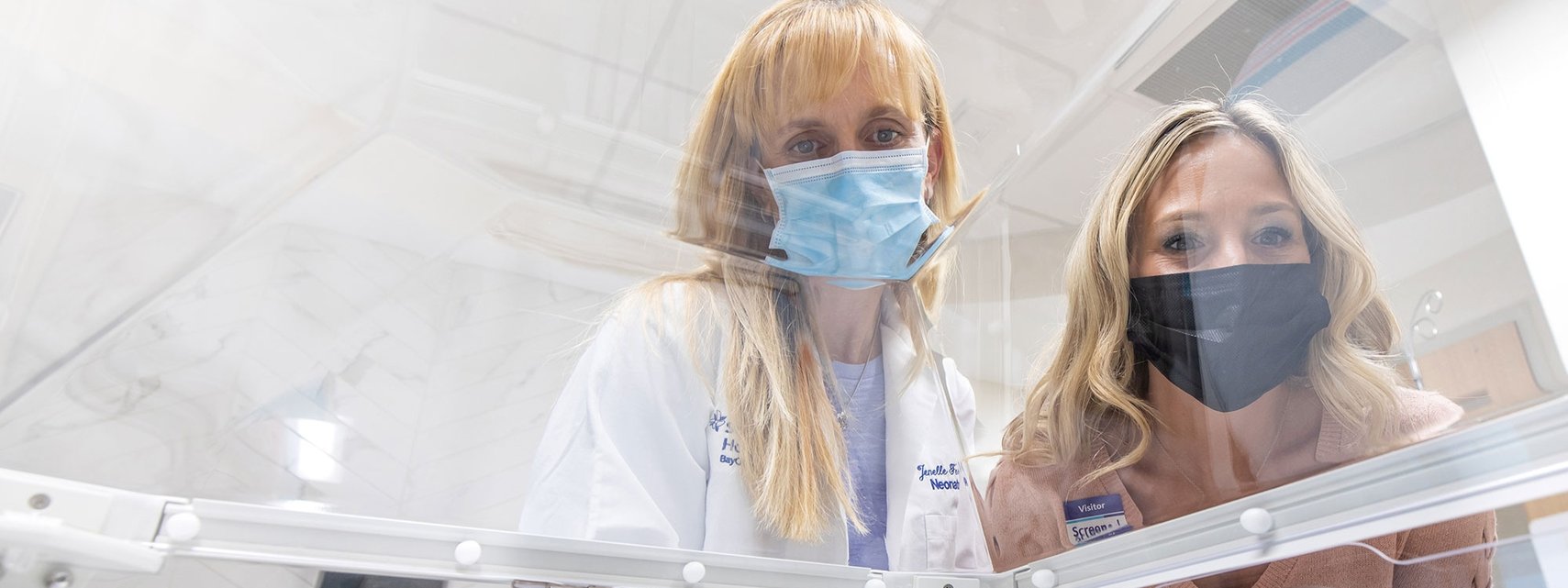
Transforming care for vulnerable babies by unlocking the power of human milk
Speak with our Europe teamTransforming care for vulnerable babies by unlocking the power of human milk
Speak with our Europe teamProlacta Bioscience is the world’s leading hospital provider of 100% human milk–based nutritional products. Established in 1999, Prolacta is a privately held life sciences company that has touched the lives of more than 100,000 premature infants globally.1
Our fortifiers changed hospital’s standard of care for extremely premature infants worldwide and are the first nutritional fortifiers made from 100% donor milk instead of cow milk.
We are also exploring the benefits of human milk including applications for infants who need surgery for congenital cardiac and gastrointestinal disorders.
